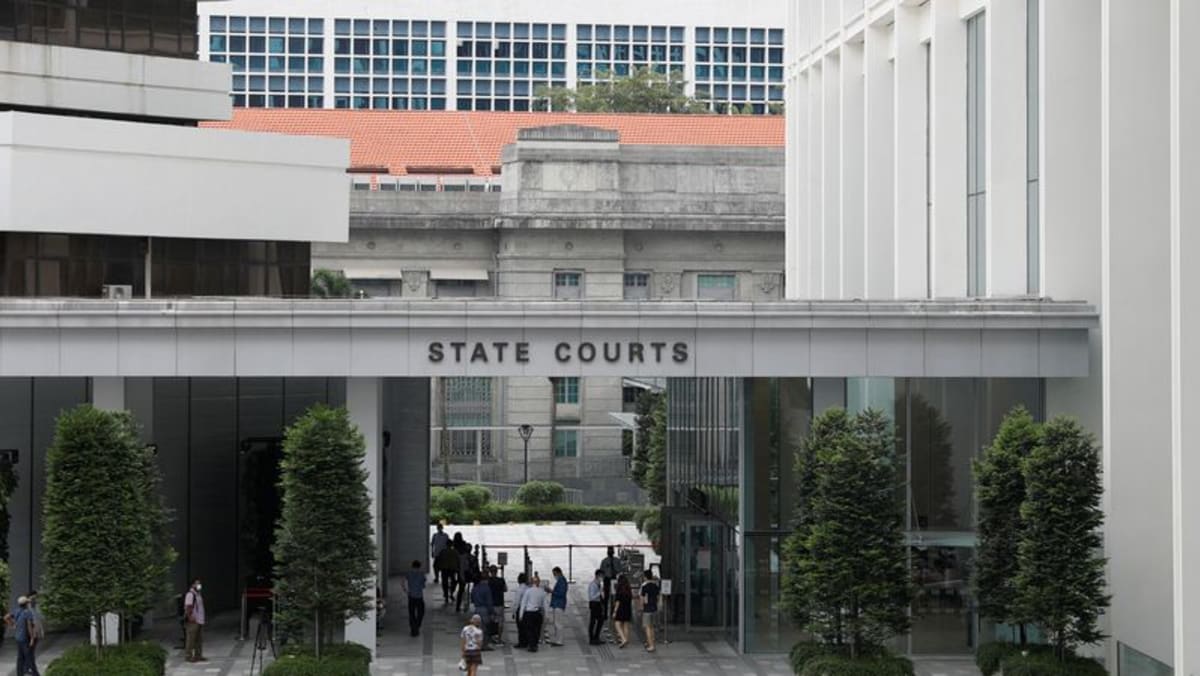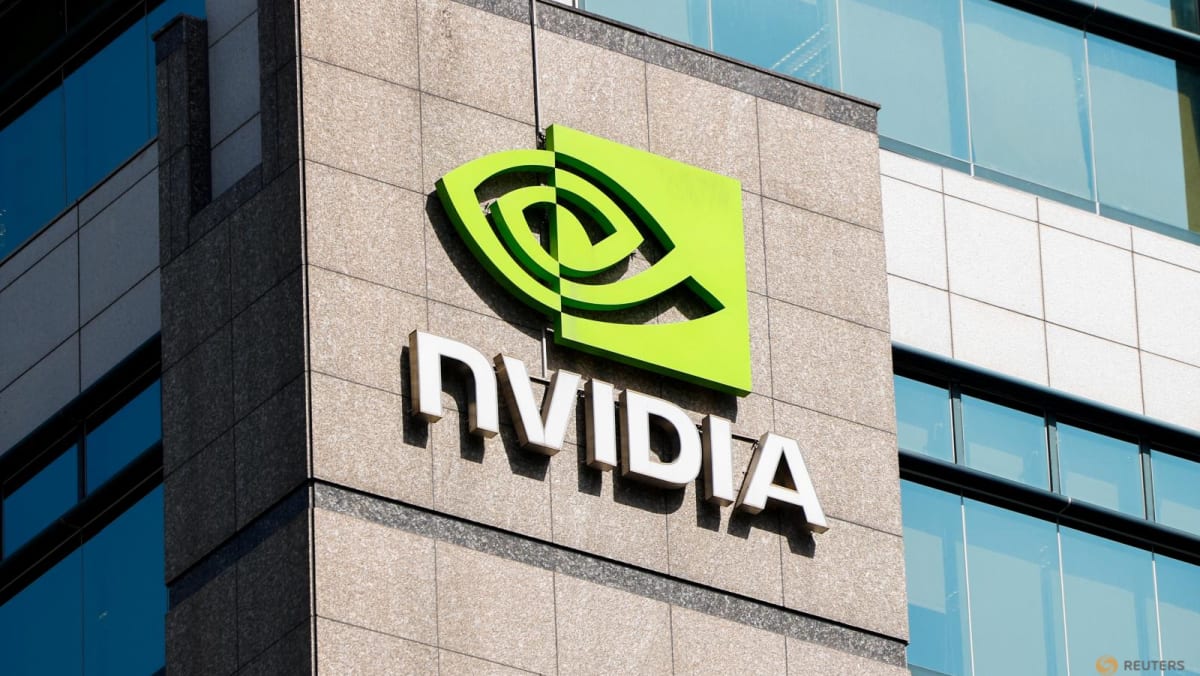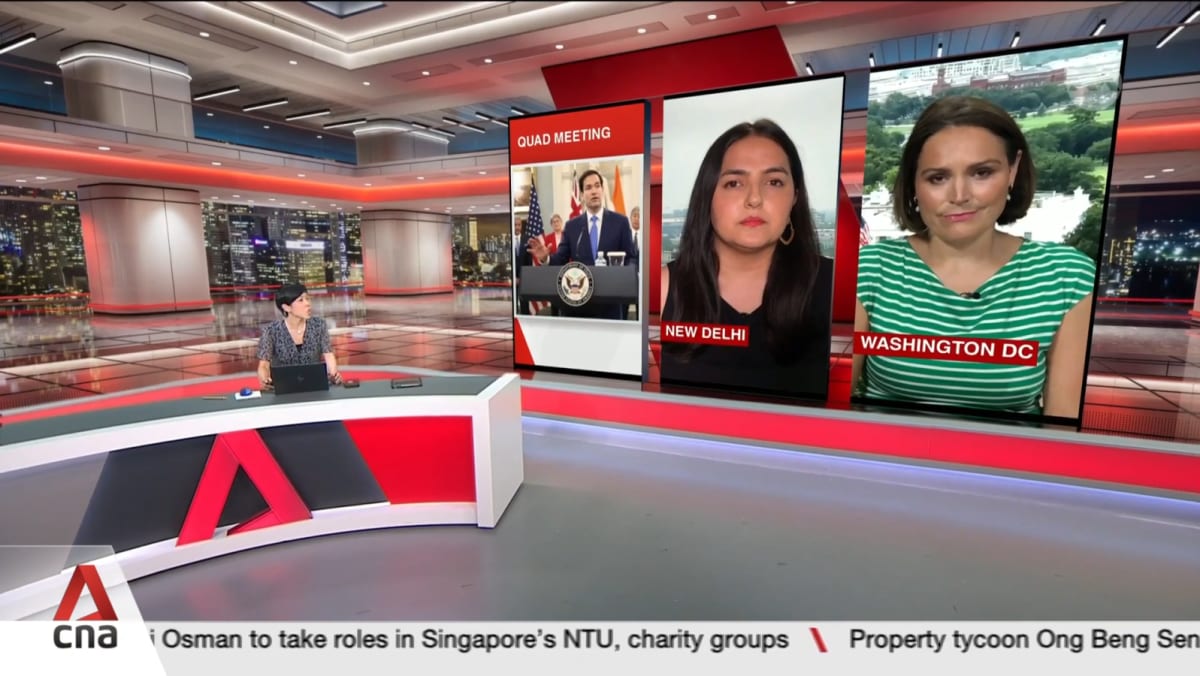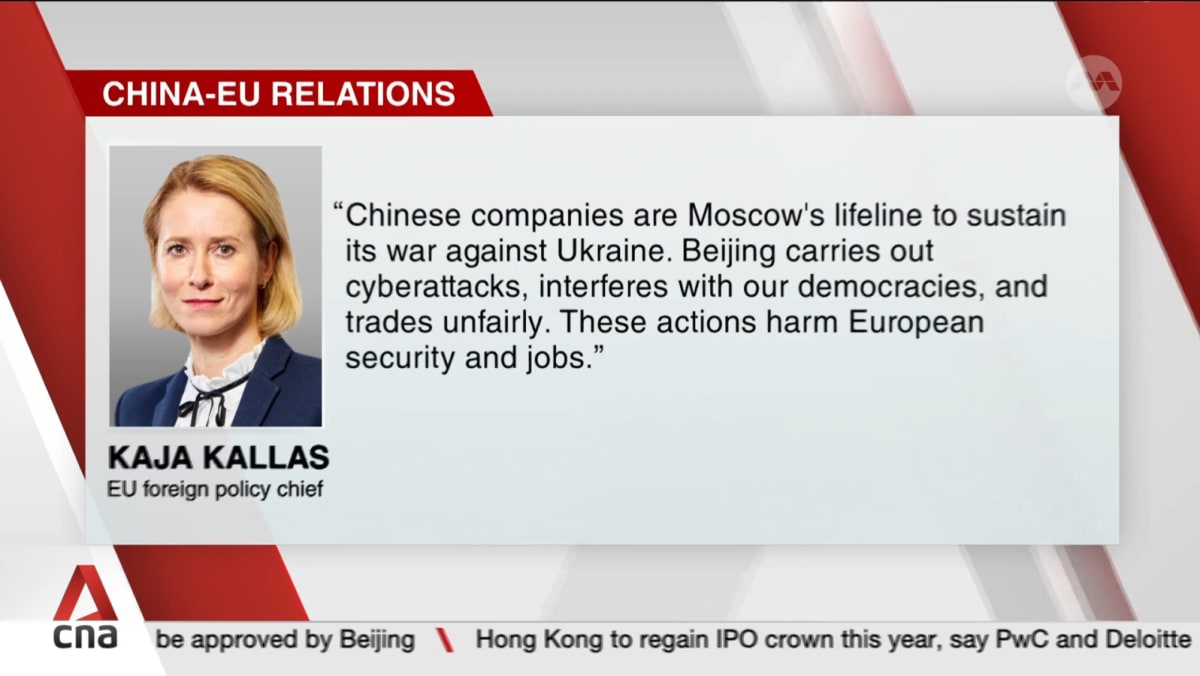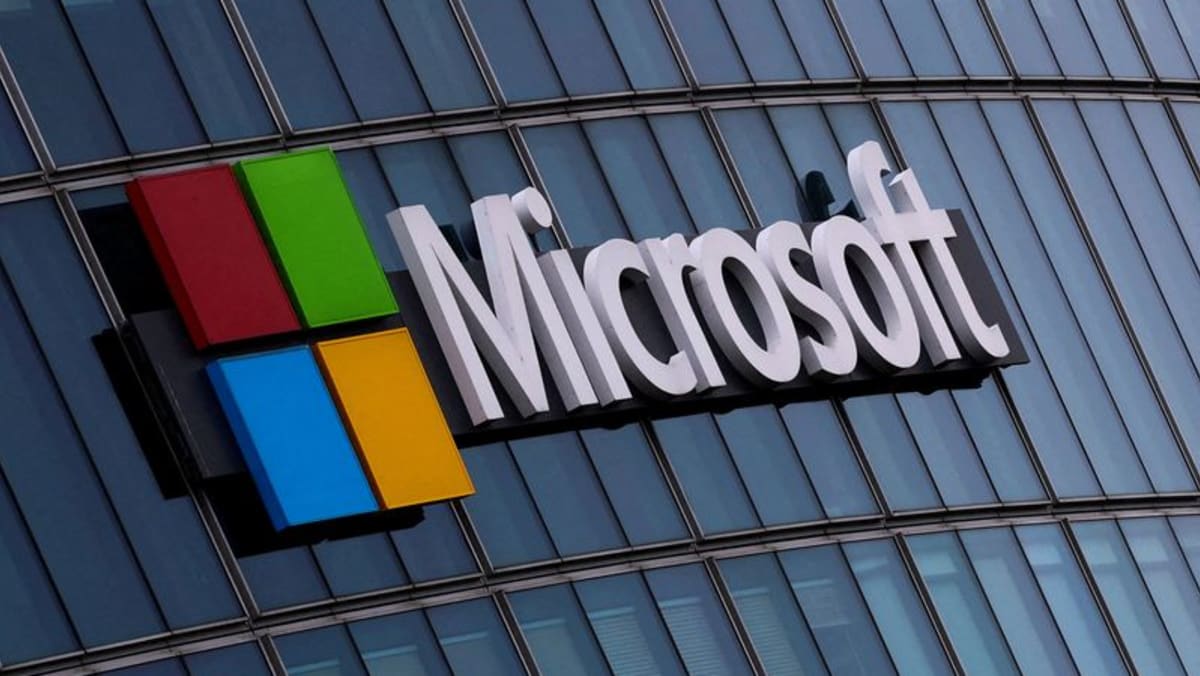Those memory and connectivity aspects could make the H20 useful in building supercomputers in China, and the US has placed restrictions on selling chips for use in supercomputers in China since 2022. The Institute for Progress, a nonpartisan think tank in Washington, DC, on Tuesday argued for restricting the H20 chips, writing that Chinese firms were likely already building such systems.
“At least one of the buyers, Tencent, has already installed H20s in a facility used to train a large model, very likely in breach of existing controls restricting the usage of chips in supercomputers exceeding certain thresholds. DeepSeek’s supercomputer used to train their V3 model is also likely in breach of the same restrictions,” the group wrote.
On Thursday, a Tencent spokesperson said the Institute for Progress’s conclusions were inaccurate.
“We have not violated any laws and have not built any ‘supercomputers’. Any claim to the contrary is categorically false,” Tencent said in a statement.
The Institute for Progress did not immediately respond to a request for comment on Thursday.
